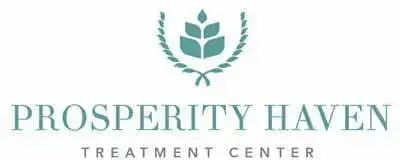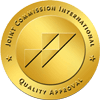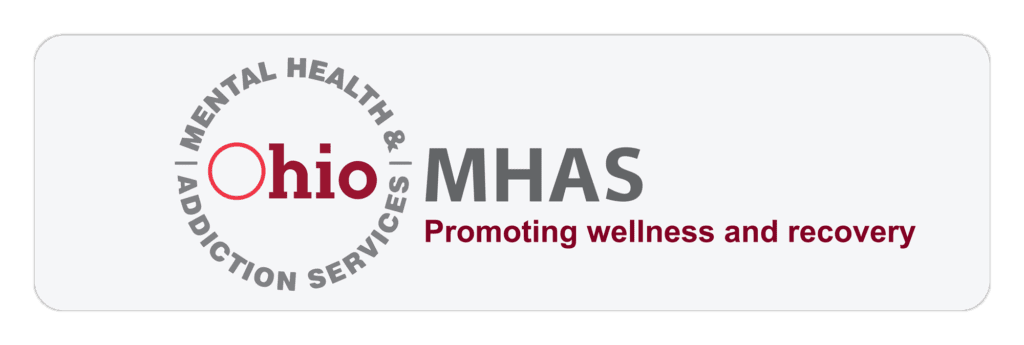Deciding to ask for help and seeking addiction treatment isn’t easy. In fact, it may even feel like the most challenging and difficult step you’ll ever take! Still, inpatient and in some cases outpatient programs are one of the best and most reliable ways to achieve sobriety, both initially during detox or treatment and long afterward.
But for a significant number of Americans, there’s a costly catch. Addiction treatment can be very expensive, and people in recovery usually also require time off of work to get well.
If you have concerns about paying your treatment bills while you are in rehab, or if you aren’t sure how you will pay for rehab in the first place, first become informed. There are several options to help you pay for addiction treatment services both before and after you leave. You’re already seriously considering treatment – so, congratulations! Now let’s figure out how to get all the pieces in place.
Here we attempt to help sort out your finance options so you can feel more comfortable about your addiction recovery plan.
Managing Finances During Addiction Rehab Stay
There are several reasons patients share concerns about paying bills during treatment. Some may be unable to afford their bills, while others simply won’t have access to bank accounts or bill payment methods for a significant period.
Lastly, some people worry about overlooking a payment or missing a bill, like a mortgage payment, which can be costly and stressful in the long-run.
Let’s address the second issue – how you will actually take care of your bills functionally – first.
Appoint a Financial Guardian
Do you have someone in your life you trust to manage your finances? The easiest first step may be to assign a financial guardian who has permission to interact with your financial accounts.
In most states, the term “financial guardian” is legal and highly specific. You and the person you assign will need to sign legal documents specifying your guardian as a representative for you in order for them to be able to access and control certain bills.
These documents typically also lay out everyone’s rights and responsibilities, including any limitations. The person you choose can be a lawyer, a family member, a close friend, a spouse, or even an accountant – just make sure it’s someone you trust.
Alternatively, if are comfortable giving full access to your accounts to someone you truly trust , you may do so without the legal bindings often accompanying an official financial guardian.
Prepayment Plans
If assigning a legal guardian isn’t an option, yet affordability isn’t exactly the issue for you, bill prepayment may be an option. Many credit providers and companies will allow you to ahead-pay your bills, leaving a credit on the account. This credit should be robust enough to cover you for a period of at least 90 days.
If a company won’t allow you to prepay, for whatever reason, you may still be able to make arrangements with an easy workaround. Instead of prepaying the company, put the money into a bank account (a separate account if you’re concerned about spending or automatic withdrawals). Then ask the companies to direct debit the money from the account for you due fees instead of waiting for you to pay.
Create a Budget
Whichever option you choose, you should start by making a full list of expenses and a budget. This list will make it easier to avoid forgetting bills and overlooking your finances while you are in treatment. It may even give you the opportunity to discuss your financial habits, if they are an issue, with your therapist!
What If I Can’t Afford to Pay My Bills During Addiction Rehab?
Rehab is an investment in your future, but the expenses associated with it – and active addiction’s impact – can bring you to a point where you may find it difficult to afford your bills. Setting aside the cost of rehab itself (we’ll discuss that a bit later on in the article, you can also learn more in our article about the cost of rehab in Ohio), there are a few options to help you smooth out financial worries.
Start by making a comprehensive budget estimate and a full approximate list of your expenses for a three-month period. It will help you better understand the amount of money you need to access, which can be peace of mind in and of itself. Consider the fact that many of your typical expenses may not be applicable or significantly reduced during your stay at a drug or alcohol addiction rehab center.
If you have family or supportive friends who are willing to help, consider asking for a loan or donations. Often, loved ones will be skeptical of giving you money if your addiction has led you to make poor financial choices in the past. If this is the case for you, assigning a financial guardian and/or allowing them to direct pay the bills, and demonstrating this set up to them may help to alleviate their concerns of your using this money inappropriately.
If you are still working, ask your employer about accessing short-term disability payments while you are in rehab. This money is often far less than you would receive if you were working, but it may be just enough to pay for your bills. Paid vacation time can also be useful for short-term leaves of absence.
Remember, you won’t have as many expenses while you’re in rehab. Many of the normal concerns, like purchasing food and entertainment, don’t apply in the same way to rehab because the facility provides access to necessities.
In the next few sections, we’ll explain a few methods for options that can help you finance treatment. Some of these options may also provide you with cash or coverage for bills depending on your circumstances.
Insurance Paying for Addiction Recovery Costs
Many Insurance policies, pay for treatment in an inpatient rehab facility, in some cases, insurances may pay very little, however a call to the insurance may be worthwhile especially if you haven’t had success with other options. The higher the amount the insurance pays for addiction rehab for your treatment, the less you are going to pay for your addiction rehab costs. No matter what health insurance plan you have, it’s a good idea to make contact with their customer support to ask if you’re covered. Even a minimal level of coverage can make treatment more accessible!
In rare instances, some private insurance policies may also provide you with some cash for expenses (like mortgage payments or utility bills).
On Medicare or Medicaid? Your plan may also provide coverage for treatment in certain rehabilitation facilities, as well as some other related expenses, though many addiction treatment centers do not accept Medicaid or Medicare.
Scholarships & Grants for Drug & Alcohol Rehab
Scholarships and grants for rehab are available – they aren’t just for college and university! Several major organizations, including some rehabilitation centers, provide financial aid to people who show a desire to get well, yet cannot afford the associated costs.
These programs generally only cover the cost of treatment or part of it, but this may be enough so that you can dedicate the money you do have to paying bills.
Finding scholarships for treatment isn’t always easy. Your best bet is to get in contact with the rehab center of your choice. Many are familiar with the most accessible programs that they have worked with and can direct you or aid you in applying for funds.
Credit Cards & Personal Loans To Pay for Rehab
If you have decent credit, and/or a good relationship with your bank, you may be able to access a credit card, line of credit and/or a loan to help you pay bills and treatment costs. Each institution has different guidelines, so you will need to inquire with them individually to determine whether you are a good candidate.
Not sure if your credit is up to par? Check it for free on sites like Credit Karma. While the individual guidelines for approval differ per credit provider, credit scores at 700 or higher are much more likely to be approved with a better interest rate. A credit score of under 550 may lead to rejection, or if you are approved, a very high interest rate.
Credit cards payments are an option, but due to high interest rates, are typically far less desirable compared to lines of credit and/or loans. If you do choose to put charges on your credit card, be sure to factor monthly payments into your budget. Medical credit cards, like Care Credit, may also have a higher rate of approval.
Finding Funds and Fundraising Options for Recovery
If you have exhausted all other options, yet still find yourself coming up short, there are a few other methods for raising money:
-
- Try crowdfunding through sites like Indiegogo or GoFundMe. In many cases, loved ones, friends, and family members will be happy to chip in to help out.
- Sell off old items you’re no longer using – or even items you can part with without causing significant hardship. Items like expensive computers, televisions, handbags, and second vehicles bring in big bucks. Remember, as you improve your life you will begin to properly enjoy everything that you do have much more, and you are also likely to begin being much more productive, allowing you to end up in a much better place in the future.
- Ask creditors if they will allow you a temporary reprieve due to medical hardship. Especially in the case of essential services, such as medical specialists and utilities, many will work with you to find a solution.
If finances are the only thing holding you back from seeking treatment, please know that you can find solutions to this common problem. No matter how deep you are “in the hole,” your first step should be to reach out. Get in contact with a counselor today and let them help you find your way forward to the light.







